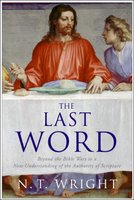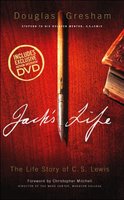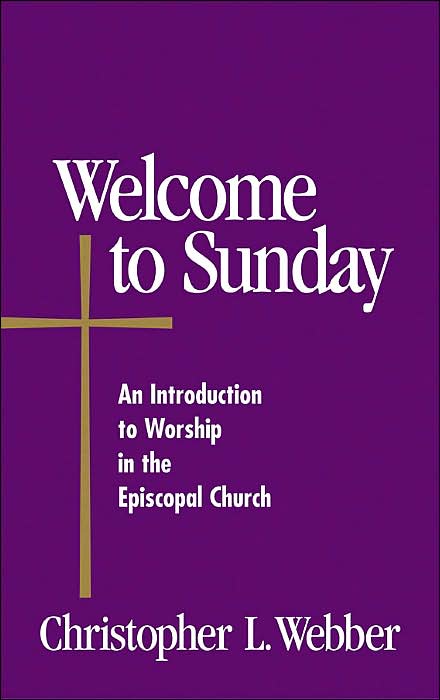
I just finished Gene Veith's newest book
The Soul of the Lion, the Witch, and the Wardrobe. It did a good job of arguing that Christian families ought to embrace
The Chronicles of Narnia, and shows point-by-point the ways in which Lewis used the genre of fantasy to "baptize the imagination." Veith also spends a considerable amount of time commending and defending the genre of fantasy writing in general. I would recommend it to anyone who is worried (hopefully this does not include first-hand any of my readers!) about introducing their children to Narnia, as well as anyone who loves the world of Narnia and just can't read enough about it. It also serves as a useful tool for parents, as he compares
Narnia to
Harry Potter, as well as to the atheistic (and hugely popular)
His Dark Materials fantasy books for children.
At one point, toward the end of the book, Veith analyzes both modernism and postmodernism, and argues that Lewis' many writings are able to answer both rejections of Christianity. For the modernists, he offers good
reasons to believe in books like
Mere Christianity. For the postmodernists, he offers good
stories to relate the truth of Christianity in books like
Narnia.
Here is a quote from the book at length:
"I used to give copies of
Mere Christianity to my non-Christian friends. At one time, the book left a strong impression (and sometimes still does for some people, the modernists and those who still use their minds). But lately, I have been frustrated by the way they say how glad they are that Lewis has the beliefs that he does, but that they have their own truths. His logical handling of Christianity does not get through to them. For people like that, I have them read Lewis' fiction, including
The Lion, the Witch and the Wardrobe" (203).
While I understand where he is coming from, I keep wondering: If someone makes the argument that "Lewis had some good truths that worked for him, but I have my own truths," how is getting them to read
Narnia going to get them to say anything different? What's to stop them from concluding that "this is a very nice story that may contain truths for some people, but I have my own story, and my own truths that work just as well for me, thank you very much."
Perhaps Veith is just pointing out that we are more effective when we try to
make sense to people in a way they're used to, but it seems to me that Lewis was not making modern Christian arguments for the modernist mindset, and postmodernist narratives for the postmodern mindset. Rather, he was defeating both mindsets with the Truth. He was doing so in the same exact way as the pre-modern (and thus pre-postmodern) Bible does: through rational argument
and narrative (some historical, and some fictional, like the parables).
Again, I'm not necessarily disagreeing with Veith (but maybe he would disagree with me!). These are just my preliminary thoughts- straight from my cranium and out my fingertips. So if you have anything to add or correct, post a comment. Let's refine this discussion, and clarify our thoughts together.
read more




























